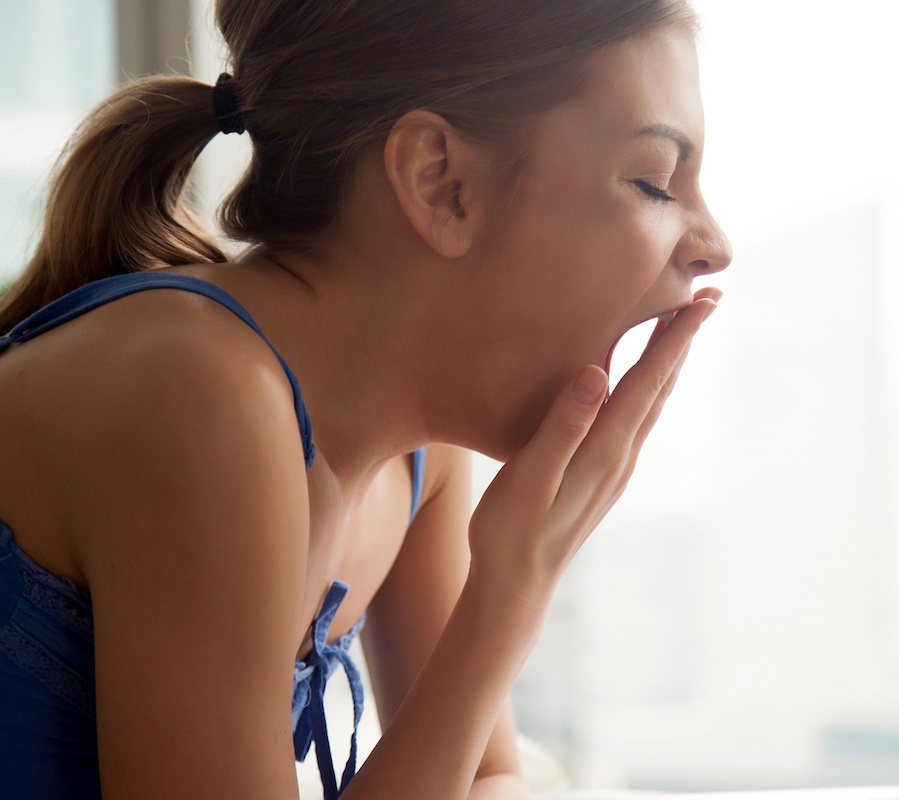There is no doubt that good health is more than eating well and exercising. Good health includes good sleep. Getting both quantity and quality sleep affects how you look and feel. Getting not enough sleep and you could wake up feeling irritable and groggy. You are by no means refreshed and ready to start your day. Getting enough healthy sleep will help avoid getting fine lines on your face and dark circles under your eyes. Over time, experts claim, lack of sleep could increase your risk of high blood pressure, heart disease, diabetes, and more.
Related Blog: 9 Side Effects Of Sleep Deprivation
Signs that you are not getting quantity sleep include:
- Dozing off or feeling very tired during the day. Were you really only "resting your eyes" at the office?
- Having a hard time getting up in the morning. How many times did you hit that snooze button?
- Having trouble focusing or making decisions. How long did you stare at that math problem?
Signs that you are not getting enough quality sleep include:
- Taking longer than 30 minutes to fall asleep when you first go to bed.
- Waking up more than one time during the night.
- Generally taking more than 20 minutes to get back to sleep if you do wake up during the night.
What can you do to get both quality and quantity when it comes to sleep?
- Go to sleep and wake up at the same time every day. This includes weekends, so don't cheat. Routine actually helps your body to settle down into a deep restorative sleep.
- Avoid lights. Stop using electronic devices at least 30 minutes before bedtime. This will help you fall asleep. Also, that glow of lights from phones, clocks or any other equipment in your bedroom can disrupt sleep during the night. Remove what you can and cover the rest.
- If hungry before bed a light snack of cheese, cereal, or crackers will do. Heavy meals disrupt sleep.
- Avoid alcohol at night. Though you may feel initially drowsy, it can cause you to wake up during the night. Avoid caffeine at night. Though caffeine does not cause problems for all people, be aware that tea, coffee, sodas, and even chocolate could be the cause of your sleeplessness.
- Watch when you exercise. While exercise is good for you and can actually help you sleep, you should exercise earlier in the day. Finish 3 hours before bedtime or you risk not falling asleep.
- Avoid long naps. That is really an oxymoron. A nap by definition is a short and light sleep. While many claim a nap to be restorative, and it is, a nap should be under 20 minutes. Set an alarm if you must. Longer "naps" cause less sleep at night which is when you need it most. Also, nap early in the day.
- Change your mattress. According to the Better Sleep Council, lack of healthy sleep could start with your mattress. They note that over time a mattress changes and offers less support as the materials inside your mattress start to break down. An uncomfortable mattress makes it hard to get to sleep and stay asleep.





